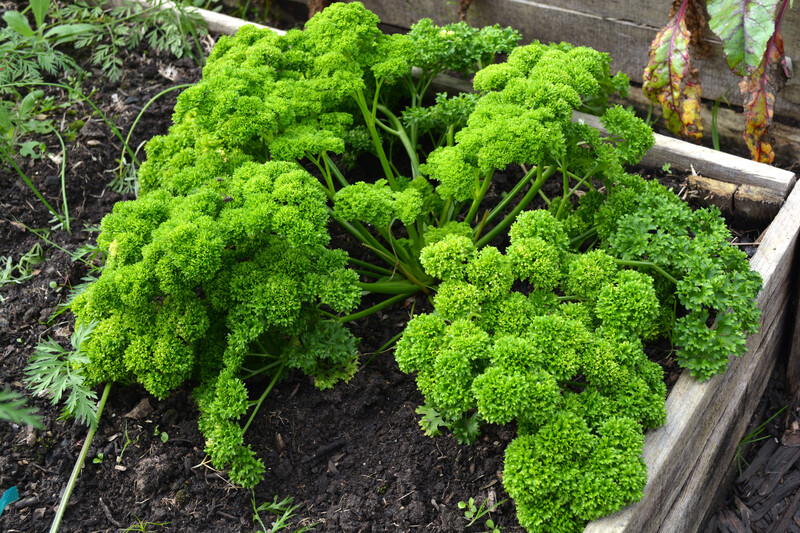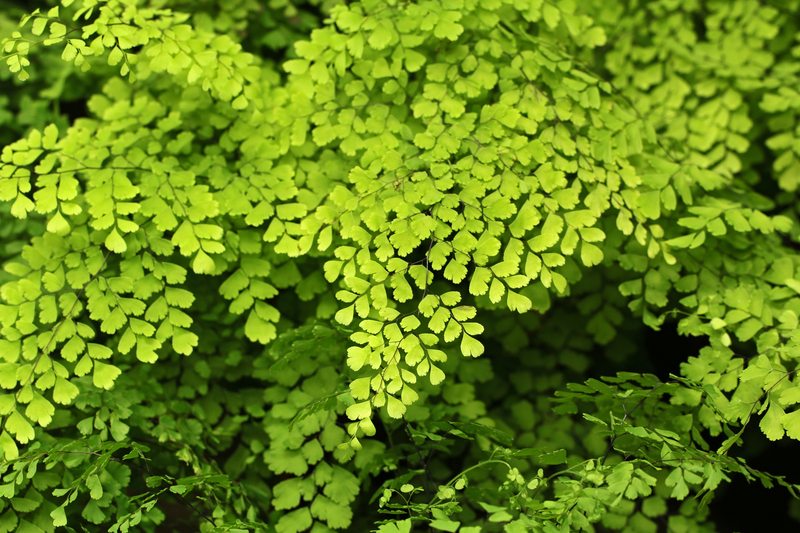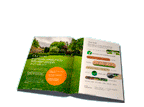Vacation Plant Care: 7 Watering Techniques
Posted on 30/09/2024
When planning a vacation, leaving your beloved plants behind can be a major concern. How will they survive without your daily attention and care? Fortunately, with the right strategies and tips, you can keep your plants healthy and hydrated while you're away. This article outlines seven effective watering techniques to ensure your plant's continued well-being.
1. Self-Watering Planters
Self-watering planters are specifically designed to keep your plants hydrated without the need for daily watering. These planters come with a built-in reservoir that stores water and gradually releases it into the soil as needed.
To use a self-watering planter:
- Fill the reservoir with water before you leave.
- Ensure that the wick or other water transport system is working correctly.
These planters are excellent for maintaining consistent moisture levels, making them ideal for short trips and extended vacations alike.

2. Drip Irrigation Systems
Drip irrigation systems are another efficient way to water your plants while you're on vacation. These systems deliver water slowly and directly to the plant roots, minimizing water wastage and ensuring that your plants receive adequate hydration.
Installation steps:
- Purchase a drip irrigation kit that suits your plant setup.
- Set up the tubing and emitters around your plants.
- Connect the system to a water source and timer to automate the watering schedule.
With a proper drip irrigation system in place, you can rest easy knowing that your plants are being watered effectively.
3. Watering Globes and Bulbs
Watering globes and bulbs offer a simple and aesthetically pleasing solution to keep your plants hydrated during your absence. These devices work by slowly releasing water into the soil over time.
How to use them:
- Fill the globe or bulb with water.
- Insert it into the soil at an angle.
- Ensure that it is securely positioned to avoid any leaks or spills.
Watering globes and bulbs are effective for small to medium-sized plants and can keep them watered for several days.
4. Capillary Matting
Capillary matting is a technique that utilizes absorbent fabric to provide a constant supply of water to your plants. This method is especially useful for potted plants and seedlings.
To implement capillary matting:
- Place the matting on a flat, waterproof surface.
- Position your pots on top of the matting.
- Ensure that one end of the matting is immersed in a water reservoir.
The matting will draw water from the reservoir and distribute it evenly across the surface, ensuring your plants remain hydrated.
5. Moisture-Retentive Soil Additives
Soil additives such as water-retentive granules or crystals can significantly reduce the frequency of watering needed for your plants. These additives retain moisture and release it slowly, keeping the soil evenly moist.
How to use them:
- Mix the moisture-retentive additives into the soil before or after planting.
- Water your plants thoroughly before you leave.
These additives can prolong the time between watering sessions, making them ideal for vacations.
6. DIY Watering Systems
For those who enjoy a bit of DIY, creating a homemade watering system can be both fun and effective. Here are a few simple ideas:
Plastic Bottle Drip Irrigation:
This method involves using an old plastic bottle to create a drip irrigation system.
- Poke small holes in the cap of a plastic bottle.
- Fill the bottle with water and screw the cap back on.
- Invert the bottle and bury the top into the soil.
The water will slowly drip out, keeping the soil moist.
Wicking System:
This technique uses a wick to draw water from a reservoir and transport it to the plant.
- Place a container filled with water next to your plant.
- Insert one end of a cotton or nylon rope into the water and the other end into the plant's soil.
The water will travel up the wick and keep the soil hydrated.
7. Enclosing Plants in a Temporary Greenhouse
Creating a temporary greenhouse around your plants can help maintain humidity and reduce water loss. This method is suitable for short-term vacations.
Steps to create a temporary greenhouse:
- Water your plants thoroughly before enclosing them.
- Cover the plants with a clear plastic bag or a plastic sheet.
- Ensure the plastic does not touch the plants directly by using stakes or a frame.
The enclosed environment will trap moisture and create a humid microclimate, reducing the need for frequent watering.

Tips for Before You Leave
In addition to setting up a watering system, here are a few additional tips to prepare your plants for your vacation:
- Group Plants Together: Placing your plants close to each other can create a more humid environment, reducing water loss.
- Prune and Clean: Remove any dead leaves or flowers, as they can contribute to excessive evaporation and water consumption.
- Move Plants: Consider moving your plants to a cooler, shaded area to reduce their water needs.
- Water Plants Thoroughly: Ensure that your plants are well-watered before you leave to give them a good start.
Conclusion
Leaving your plants while going on vacation doesn't have to be stressful. By employing one or more of the watering techniques discussed above, you can ensure that your plants remain healthy and hydrated. Whether you choose to invest in self-watering planters, set up a drip irrigation system, or get creative with DIY solutions, these methods will help you enjoy your vacation without worrying about your green friends back home.
Latest Posts
Easy Ways to Freshen Up Your Patio and Paving for Summer
Unique Autumn Garden Inspiration: Planting with the Season in Mind
Quick and Effective Ways to Sharpen Your Garden Shears at Home
Easy Ways to Keep Your Artificial Turf Looking Brand New
Elevate Tranquility With These Zen Garden Planting Inspirations






 Certified and experienced landscapers
Certified and experienced landscapers



 Get a Quote
Get a Quote